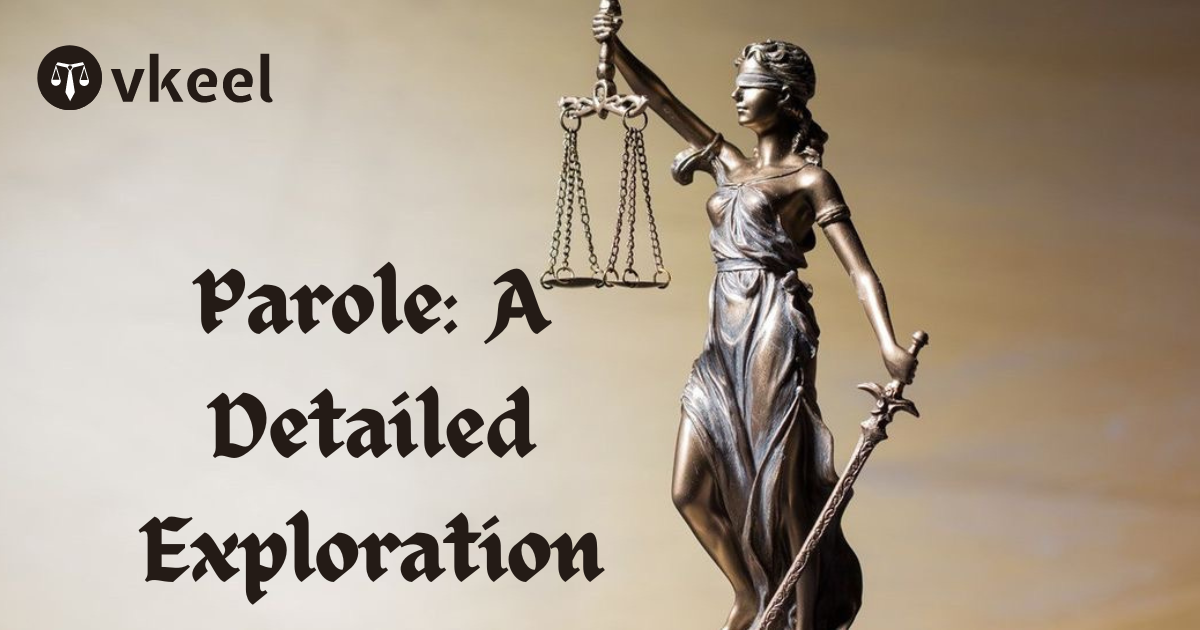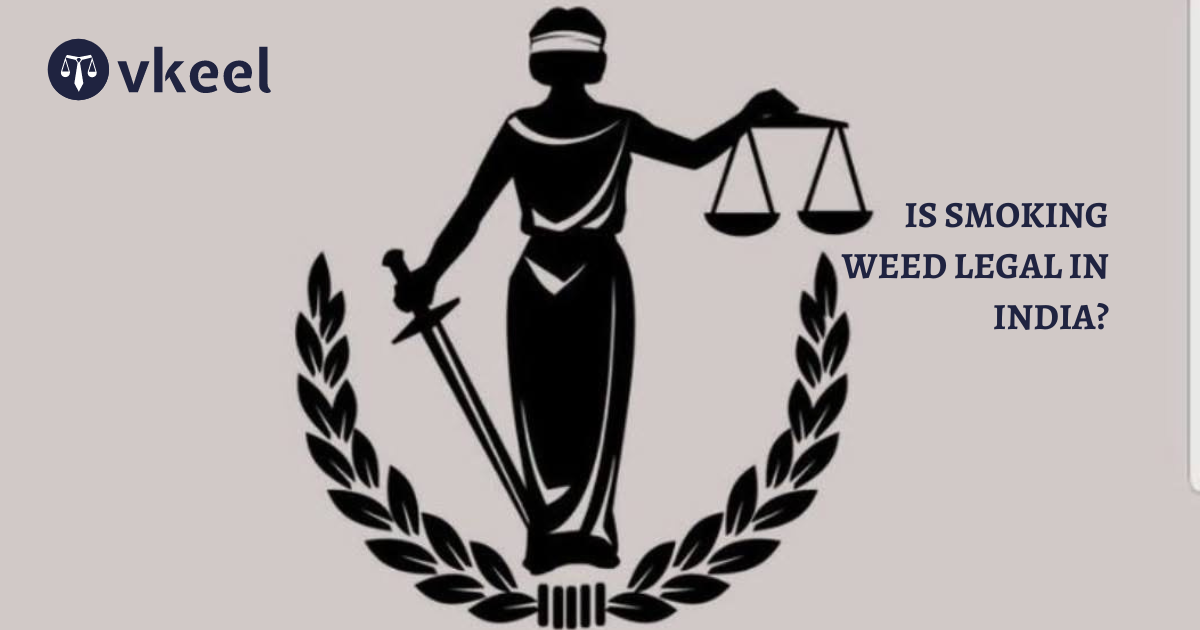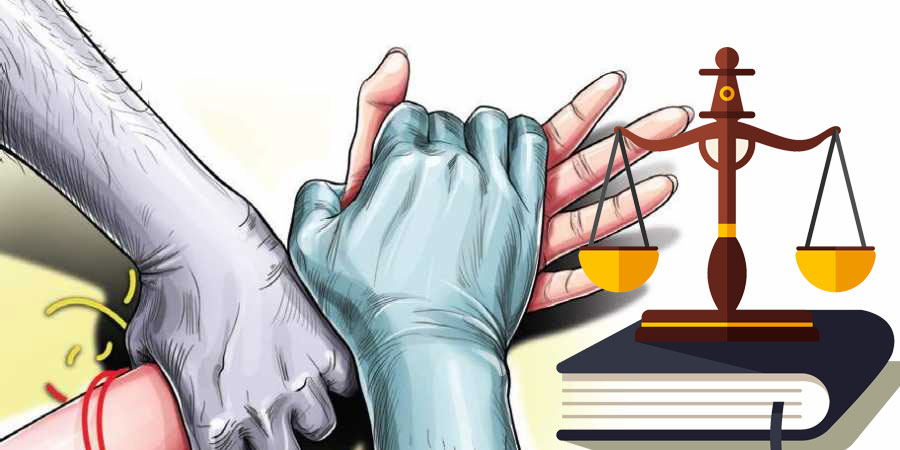Marital Rape in India: An Unseen Crime
By Himanshu Kumar
Table of Contents
Introduction
Marital rape, the non-consensual intercourse by a spouse, is a grave violation of human rights and bodily autonomy. While globally recognized as a crime, marital rape remains a contentious and under-addressed issue in India. The legal framework and societal attitudes often fail to acknowledge the severity of this offense, reflecting deep-rooted patriarchal norms.
The primary reason for marital rape in India is deeply rooted in the patriarchal structure of society. Traditional cultural norms view marriage as a contract where a wife is obliged to provide sexual access to her husband. This perception is reinforced by the legal framework, which currently exempts marital rape from the definition of rape under Section 375 of the Indian Penal Code. The historical notion of a husband having uncontested rights over his wife’s body perpetuates the idea that marriage implies perpetual consent. This legal and cultural standpoint significantly contributes to the prevalence of marital rape, as it legitimizes non-consensual sexual acts within marriage.
Moreover, societal attitudes further exacerbate the issue. Many communities still regard the sanctity of marriage as paramount, and a wife’s refusal to consent to sex is often seen as a failure of her marital duties. Victims of marital rape face immense societal pressure to remain silent due to fear of stigma, social ostracism, and familial retaliation. This environment discourages women from seeking justice, allowing the cycle of abuse to continue unchecked. The lack of awareness about marital rape as a crime and the limited support systems for victims further compound the problem, making it a pervasive yet largely invisible issue in Indian society.
Legal Framework in India
Indian law, primarily through the Indian Penal Code (IPC), addresses rape but has a significant loophole concerning marital rape. Section 375 of the IPC defines rape but includes an exception that states: “Sexual intercourse by a man with his wife, the wife not being under fifteen years of age, is not rape.” This exemption effectively legalizes non-consensual sex within marriage for adult women.
Indian Penal Code (IPC), 1860: Section 375 of the IPC defines rape and includes an exception for marital rape. This exception has been the subject of considerable debate and critique.
Constitutional Provisions: Articles 14, 15, and 21 of the Indian Constitution guarantee the right to equality, non-discrimination, and life and personal liberty. These provisions have been invoked in arguments against the marital rape exception.
Judicial Interpretations: Various judgments have addressed aspects of marital rape, sometimes indirectly. However, there has not been a direct and unequivocal condemnation of the exception clause in Section 375.
Historical Context and Patriarchy
The exemption for marital rape in Indian law is rooted in historical and cultural contexts. Traditionally, marriage has been viewed as a sacred and indissoluble union, where a wife’s consent is presumed by the marital contract. This patriarchal mindset reduces women to the status of property owned by their husbands, stripping them of autonomy over their bodies. The notion that marriage confers perpetual consent is a significant barrier to recognizing marital rape as a crime.
Landmark Cases
Tukaram vs State of Maharashtra (1978)
Although not directly related to marital rape, this case, commonly known as the Mathura rape case, highlighted the inadequacies of the Indian legal system in handling rape cases. Mathura, a minor tribal girl, was raped by two policemen, and the Supreme Court acquitted the accused, stating that Mathura had consented. The public outcry from this case led to amendments in the rape laws but did not address marital rape.
Sree Kumar vs Pearly Karun (1999)
In this case, the Kerala High Court ruled that a husband forcing his wife to have sex would not amount to rape. The court held that the institution of marriage implied consent, effectively reinforcing the idea that marital rape is not a crime under Indian law. This judgment exemplifies the legal system’s reluctance to acknowledge marital rape.
Independent Thought vs Union of India (2017)
This landmark case challenged the exception of marital rape concerning minor girls. The Supreme Court ruled that sexual intercourse with a wife under 18 years of age is rape, irrespective of consent. This judgment was a significant step forward, as it recognized that marriage does not negate a minor girl’s right to bodily autonomy. However, it left the broader issue of marital rape for adult women unaddressed.
Legal Amendments and Reforms
The Criminal Law (Amendment) Act, 2013
In the wake of the horrific Nirbhaya gang rape in 2012, India undertook significant legal reforms to strengthen laws against sexual violence. The Justice Verma Committee constituted to recommend changes, explicitly recommended the criminalization of marital rape. Despite this, the government chose to retain the marital rape exemption in Section 375 of the IPC, citing reasons such as the potential misuse of the law and the preservation of the institution of marriage.
The Domestic Violence Act, 2005
The Protection of Women from Domestic Violence Act, of 2005, offers some respite to victims of marital rape, albeit indirectly. The act recognizes sexual abuse as a form of domestic violence
allowing women to seek civil remedies such as protection orders and monetary relief. However, it falls short of criminalizing marital rape, and the remedies under this act do not equate to the justice provided by criminal prosecution.
Societal Attitudes and Challenges
Societal attitudes towards marital rape in India are deeply entrenched in patriarchy and cultural norms. Many believe that marriage inherently includes sexual rights, and a wife’s refusal to consent is seen as a failure of her marital duties. These beliefs are often perpetuated by family, community, and even law enforcement, discouraging victims from speaking out.
The stigma associated with marital rape further silences victims. Women fear social ostracism, retaliation from their husbands, and the potential collapse of their marriage, which is often seen as their primary social identity. These societal pressures create a hostile environment for victims seeking justice.
The Way Forward
Addressing marital rape in India requires a multifaceted approach involving legal reforms, societal change, and awareness.
Legal Reforms
The most crucial step is the removal of the marital rape exemption in Section 375 of the IPC. This change would signify that non-consensual sex within marriage is equally criminal as outside it. Additionally, amendments should be made to ensure comprehensive support systems for victims, including legal aid, psychological counseling, and rehabilitation.
Education and Awareness
Educating society about the importance of consent in all relationships, including marriage, is vital. Awareness campaigns can challenge the deeply held beliefs that perpetuate the myth of implied consent in marriage. Schools, colleges, and community centers should incorporate discussions on consent and gender equality into their curricula and programs.
Support Systems for Victims
Robust support systems are essential to help victims of marital rape come forward. Helplines, shelters, and counseling services should be made readily available and accessible. Law enforcement officials need to be sensitized to handle cases of marital rape with the seriousness and empathy they deserve.
Judicial Sensitization
Judges and legal practitioners need training to understand the nuances of marital rape and the importance of upholding a woman’s right to bodily autonomy. Judicial sensitization programs can help in delivering justice impartially and effectively.
Conclusion
Marital rape is a severe violation of human rights that remains unrecognized in Indian law. The battle for its recognition is ongoing, with legal and societal challenges to overcome. By reforming the legal framework, challenging societal norms, and creating robust support systems, India can move towards a more just and equitable society where the bodily autonomy of all individuals, irrespective of their marital status, is respected and protected. The recognition of marital rape as a crime is not just a legal necessity but a moral imperative for a society committed to gender equality and human dignity.
Disclaimer:
The information provided in the article is for general informational purposes only, and is not intended to constitute legal advice or to be relied upon as a substitute for legal advice. Furthermore, any information contained in the article is not guaranteed to be current, complete or accurate. If you require legal advice or representation, you should contact an attorney or law firm directly. We are not responsible for any damages resulting from any reliance on the content of this website.








